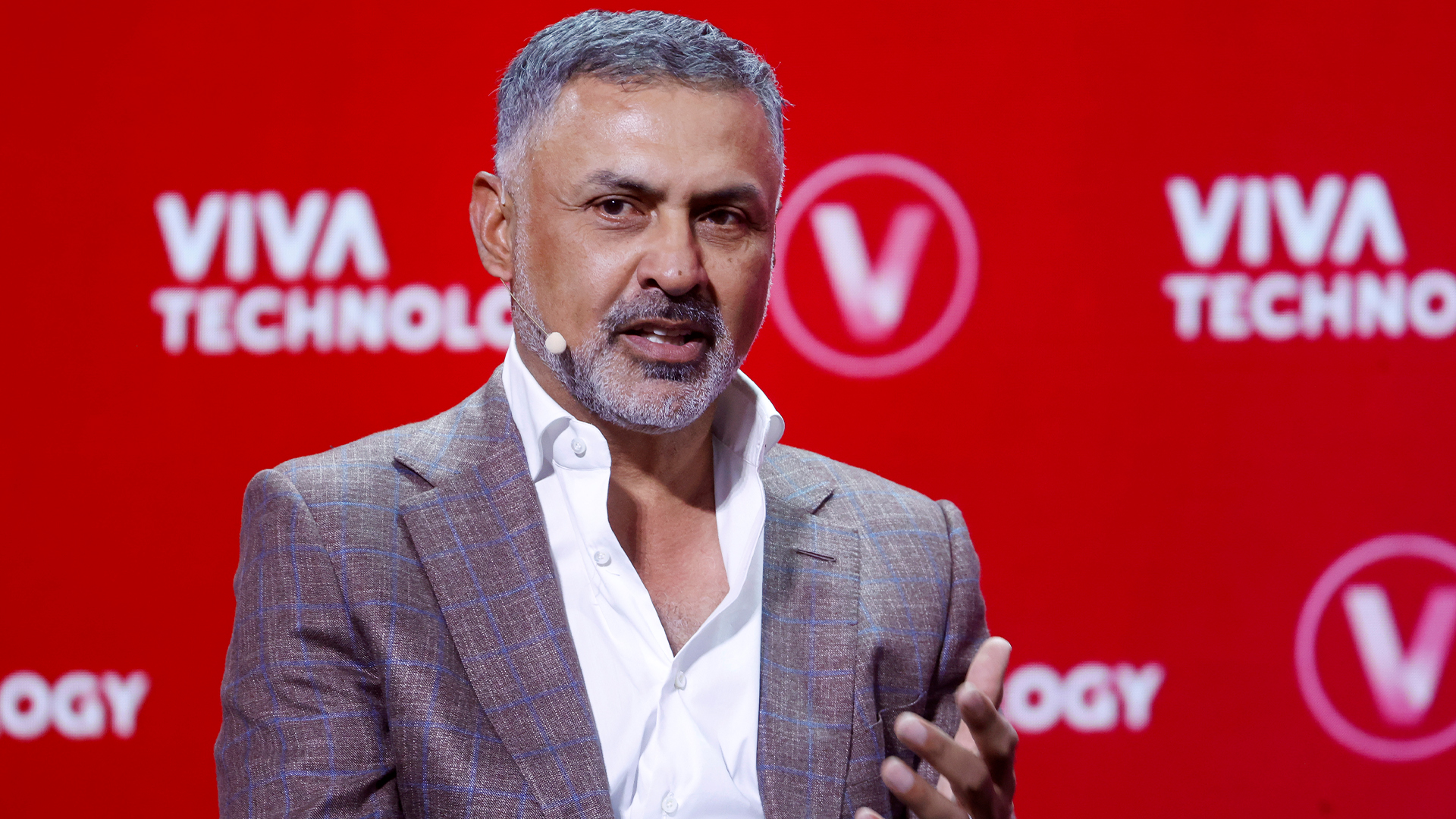Serverous C1840SS review
With 18 micro servers crammed into a 4U chassis, the Serverous C1840SS is a good choice if reduced power consumption and a high rack density are priorities.
Businesses looking for high-density cloud computing at a low price will find the C1840SS suited to their needs. It offers a Xeon E3-based micro server density and data centres reaching the limits of their utility supply will appreciate its low power consumption. Available from http://www.serverous.net/

Power test results
The C1840SS proved to be undemanding in our power tests. To get a baseline figure, we removed all the nodes and measured the chassis with the three power supplies and all fans running. This settled at 100W and with all nodes pushed back in but still powered off, overall consumption rose to 187W.
With one node powered up we measured total usage with Windows Server 2008 R2 in idle settling at 198W Running the SiSoft Sandra benchmarking app saw consumption peak at 217W. We then powered up more nodes and took idle and peak measurements along the way.
In idle, we saw three, six and nine nodes draw a total of 215W, 242W and 265W and under pressure these figures peaked at 294W, 360W and 455W. These are respectable figures and equate to an average power draw per node of only 29W in idle and 51W under heavy load.
Overall
The Serverous C1840SS delivers an impressive processing density in a compact chassis. Power constrained businesses will appreciate its low consumption and it's good value with the entry level nodes in the review system costing 744 each.
IT PRO VERDICT

Verdict
Businesses looking for high-density cloud computing at a low price will find the C1840SS suited to their needs. It offers a Xeon E3-based micro server density and data centres reaching the limits of their utility supply will appreciate its low power consumption. Available from http://www.serverous.net/
Chassis: 4U rack Power: 3 x 800W hot-plug power supplies Cooling: 8 x hot-swap fan modules Blade slots: 18 x hot-swap Network: 19-port passthrough blade (1 x CMM, 18 x node/BMC) Nine server nodes each with the following: CPU: 2.2GHz Xeon E3-1220L Memory: 2GB DDR3 UDIMM expandable to 32GB Storage: 2 x 250GB Toshiba Enterprise 7.2k SATA II SFF Storage controller: Intel C202 RAID arrays: 0, 1, JBODs Network: 1 x Gigabit Other ports: 2 x USB2, VGA Management: Tyan IPMI 2.0 BMC (shared network port) Warranty: 3yrs on-site NBD
Sign up today and you will receive a free copy of our Future Focus 2025 report - the leading guidance on AI, cybersecurity and other IT challenges as per 700+ senior executives
Dave is an IT consultant and freelance journalist specialising in hands-on reviews of computer networking products covering all market sectors from small businesses to enterprises. Founder of Binary Testing Ltd – the UK’s premier independent network testing laboratory - Dave has over 45 years of experience in the IT industry.
Dave has produced many thousands of in-depth business networking product reviews from his lab which have been reproduced globally. Writing for ITPro and its sister title, PC Pro, he covers all areas of business IT infrastructure, including servers, storage, network security, data protection, cloud, infrastructure and services.
-
 Palo Alto Networks CEO hails ‘the end of identity silos’ as firm closes CyberArk acquisition
Palo Alto Networks CEO hails ‘the end of identity silos’ as firm closes CyberArk acquisitionNews Palo Alto Networks' CEO Nikesh Arora says the $25bn CyberArk acquisition heralds "the end of identity silos" for customers, enabling them to supercharge privileged access management.
By Emma Woollacott Published
-
 Google says hacker groups are using Gemini to augment attacks – and companies are even ‘stealing’ its models
Google says hacker groups are using Gemini to augment attacks – and companies are even ‘stealing’ its modelsNews Google Threat Intelligence Group has shut down repeated attempts to misuse the Gemini model family
By Rory Bathgate Published
-
 DigiCert continues EMEA partner focus with latest appointment
DigiCert continues EMEA partner focus with latest appointmentNews The channel veteran will lead the digital trust vendor’s EMEA partner strategy as it targets deeper connections and new growth
By Daniel Todd Published
